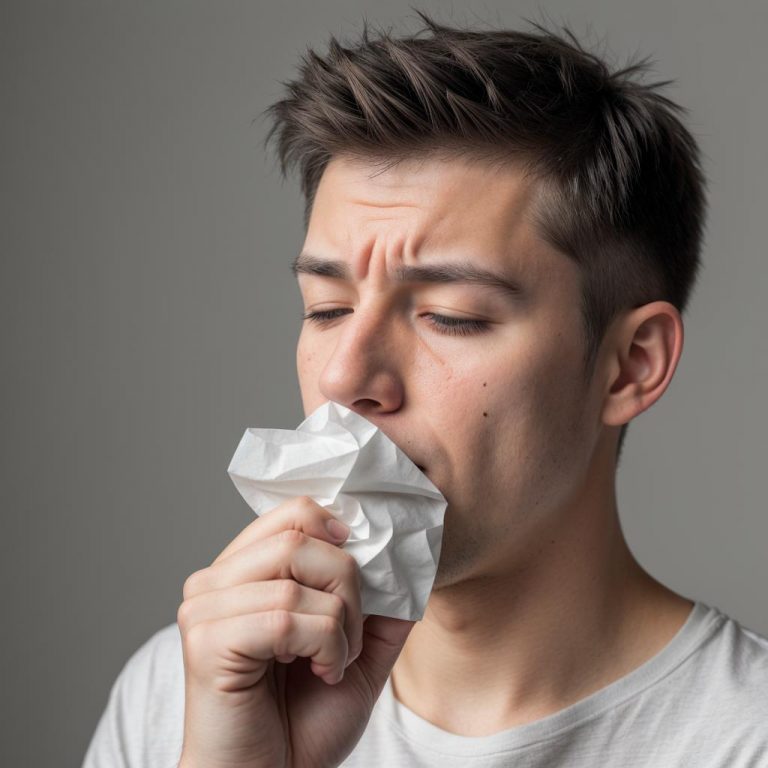
5-Hydroxytryptophan, commonly known as 5-HTP, is a naturally occurring compound in the body and is also found in some dietary supplements.
It is often used to boost serotonin levels, which can have various effects on mood, appetite, and sleep. While 5-HTP is generally considered safe for most people, some individuals may experience allergic reactions to it. In this article, we will explore the symptoms, causes, and management of 5-HTP allergy.

Symptoms of 5-htp allergy
Allergic reactions to 5-HTP can vary in severity and presentation. Common symptoms of 5-HTP allergy may include:
Skin rash or hives
Itching or swelling, particularly around the face, lips, tongue, or throat
Difficulty breathing or tightness in the chest
Nausea, vomiting, or diarrhea
Dizziness or lightheadedness
Rapid heartbeat or palpitations
It’s important to note that allergic reactions can sometimes be severe and even life-threatening, leading to anaphylaxis. If you experience any severe symptoms after taking 5-HTP, seek medical attention immediately.
Causes of 5-htp allergy
The exact cause of 5-HTP allergy is not always clear, but it is believed to involve an immune system response to the compound. When the body perceives 5-HTP as a threat, it releases histamines and other chemicals, leading to the characteristic allergic symptoms.
Some individuals may be more prone to 5-HTP allergy due to factors such as:
Pre-existing allergies: People with a history of allergies, particularly to other supplements or medications, may be more likely to develop an allergic reaction to 5-HTP.
Sensitivity to additives: Some 5-HTP supplements may contain additives or fillers that can trigger allergic reactions in sensitive individuals.
Immune system disorders: Conditions that affect the immune system, such as autoimmune diseases, may increase the risk of developing allergies, including 5-HTP allergy.
Diagnosis
If you suspect that you may be allergic to 5-HTP, it is essential to consult a healthcare professional for proper diagnosis and management. Your doctor may perform a physical examination and ask about your medical history and any recent changes in diet or supplements. They may also recommend allergy testing, such as skin prick tests or blood tests, to confirm the allergy.
Management and treatment
The most effective way to manage 5-HTP allergy is to avoid products containing the compound altogether. This may involve reading ingredient labels carefully and avoiding dietary supplements or medications that contain 5-HTP.
If you accidentally consume 5-HTP and experience mild allergic symptoms, over-the-counter antihistamines may help alleviate the discomfort. However, if you develop severe symptoms or signs of anaphylaxis, such as difficulty breathing or a rapid heartbeat, seek immediate medical attention.
In some cases, your doctor may prescribe epinephrine (adrenaline) autoinjectors for emergency use in case of severe allergic reactions. It’s essential to carry these devices with you at all times if you have a history of severe allergies.
While 5-HTP is generally considered safe for most people, allergic reactions can occur in some individuals. Recognizing the symptoms of 5-HTP allergy and understanding its causes are essential for proper diagnosis and management. If you suspect that you may be allergic to 5-HTP, consult a healthcare professional for guidance and support. By taking appropriate precautions and avoiding exposure to 5-HTP, you can effectively manage your allergy and reduce the risk of complications.



